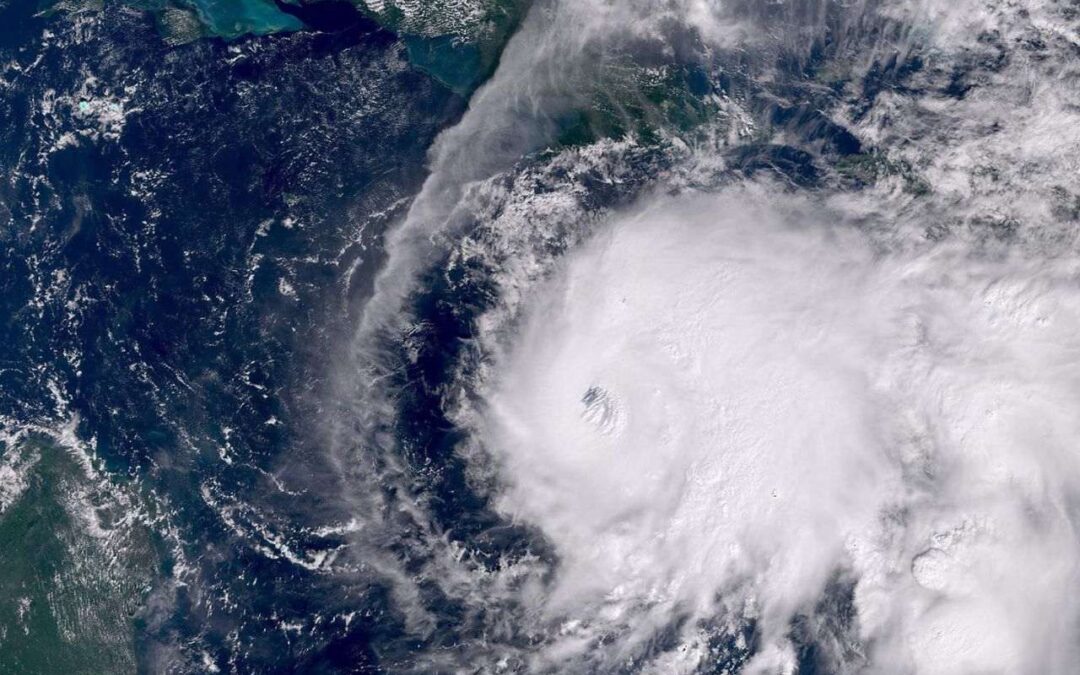Synopsis: Bitchat, a Bluetooth-based decentralized app, surged 500% in downloads after Hurricane Melissa devastated Jamaica, becoming the No. 2 most-used app as residents communicated offline amid power and network outages.
When Hurricane Melissa slammed into Jamaica with 185-mile-per-hour winds, it didn’t just leave broken homes it also changed how people communicated. Amid collapsing power lines and fading signals, Jamaicans turned to Bitchat, a decentralized messaging app powered by Bluetooth networks.
Within hours, Bitchat shot to No. 2 on Jamaica’s app charts, trailing only the weather-tracking platform Zoom Earth. That surge came as millions sought new ways to connect without the internet. Honestly, anyone in that storm would have done the same.
A Digital Lifeline During the Storm
By late October 28, Melissa’s eyewall ripped across western Jamaica, tearing through Montego Bay and Negril. More than 530,000 residents lost power, and with internet coverage down by 70%, contact with loved ones became impossible for many.
Then came Bitchat. Built with help from Jack Dorsey, the app creates peer-to-peer networks through Bluetooth signals. It doesn’t need cell towers or Wi-Fi just nearby phones linked together. That’s what made it a lifeline. People huddled in shelters used it to message families, share locations, and even help coordinate aid. In a crisis, that matters more than fancy features.
The app recorded a 500% jump in downloads within two days after landfall. Appfigures data showed it topping Jamaica’s social networking category and second overall, just behind Zoom Earth. In moments when power flickered and fear spread, one thing stayed reliable proximity-based communication.
What Makes Bitchat Different
Bitchat isn’t your usual social app. It’s open-source, encrypted, and works completely offline through Bluetooth mesh networks. That means messages hop from one phone to another within a 100-300 meter range. In crowded areas, signals can stretch for kilometers as phones act like relays.
Encryption ensures privacy, and since there’s no central database, nothing can be censored or monitored. It’s the kind of quiet tech that proves its worth only when everything else fails. A co-developer told Decrypt the app was “designed to function when infrastructure breaks down,” and this week in Jamaica, it did exactly that.
I’ll admit it’s fascinating how a crypto-linked concept turned into a rescue tool. Even crypto enthusiasts on X called it “a lifeline when the world goes dark.”
Climate Chaos to Tech Solutions
Hurricane Melissa was historic. Forming on October 21 and strengthening over abnormally warm Caribbean waters, the storm became the strongest ever to hit Jamaica. CNN reported over 30 deaths across the Caribbean, including 23 in Haiti. The storm’s power reflects how climate change now drives faster, more dangerous hurricanes.
As Melissa weakened to Category 1 and moved toward the Bahamas, communication lines slowly returned. Yet the memory of being cut off will stay. For many Jamaicans, Bitchat wasn’t a trendy download it was survival. Honestly, it’s eye-opening how technology can respond faster than governments during crises.
The Future of Decentralized Communication
Bitchat’s Jamaican surge echoes similar spikes seen during internet bans in Nepal, protests in Indonesia, and blackouts in Madagascar. Each time, decentralized tools filled gaps left by failing infrastructure. Humanitarian agencies are starting to take notice, exploring such networks for disaster response.
Still, these gains come amid bigger questions. In Europe, lawmakers are debating “Chat Control,” a proposal that could force platforms to scan private messages before encryption. Germany has pushed back, calling it unconstitutional, but the debate continues.
For Jamaica, Bitchat’s story offers both relief and reflection: when nature shuts everything down, human creativity and decentralization finds a way through. And that’s worth remembering long after the winds fade.
Written By Fazal Ul Vahab C H

